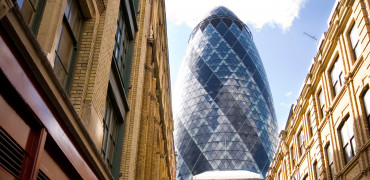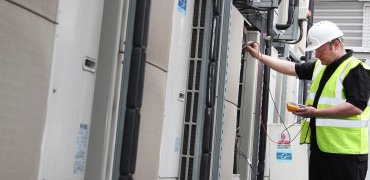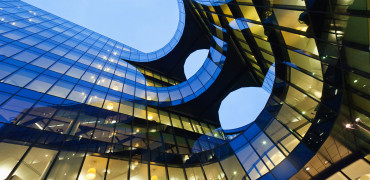One of the most frequent stories I’ve heard over the years has been the tale of how easily even the best run systems can become inefficient and costly to run due to a number of issues arising that combine to have an overall negative impact.
Assuming that the system has been correctly designed, installed and commissioned at the start of its life, it should then be a relatively straightforward exercise to make sure that everything continues to be run in the most efficient and effective manner, providing the correct levels of heating, ventilation and cooling to keep building occupants comfortable and avoiding excessively-high energy bills.
This can all change rapidly following one of a number of possible occurrences, including when the maintenance or facilities manager leaves, the building owner decides to cut costs, upgrades are made without consideration to the effect this has on the rest of the system, or even when new service providers are contracted.
Although the one-off capital expenditure outlay can be delayed, this is only postponing the inevitable
Another frequently-seen issue is when HVAC continues to be operated beyond the manufacturer’s recommended replacement date with the intention of saving cost, when the reality is that this can all too often result in increased call outs, additional repairs and escalating energy costs.
The full effect of these cost-cutting exercises needs to be correctly understood to appreciate the full impact that they will have.
Carbon footprints
Although the one-off capital expenditure outlay can be delayed, this is only postponing the inevitable and the resulting rise in maintenance, call outs and energy use will not only need to be funded, but there is also the carbon footprint and environmental affects to be considered, too.
The latter are becoming increasingly important for businesses in all areas, so should be included in any HVAC-related decisions to show how seriously these commitments are being taken.
Every company needs to carefully control its outgoings, of course, and ensuring that all HVAC equipment is correctly maintained can avoid unnecessary costs and assist in the winning of new business through complying with environmental and carbon footprint requirements which are increasingly being seen within contractual commitments.
Check out our HVAC guide for more information about how HVAC systems work and their benefits.
Dennis Flower is editor of Premise and Facilities Management Magazine.


